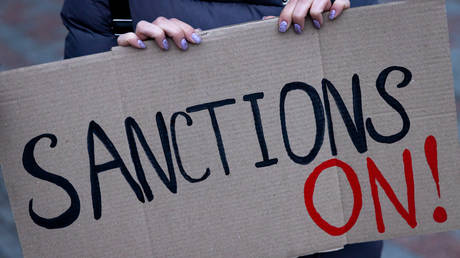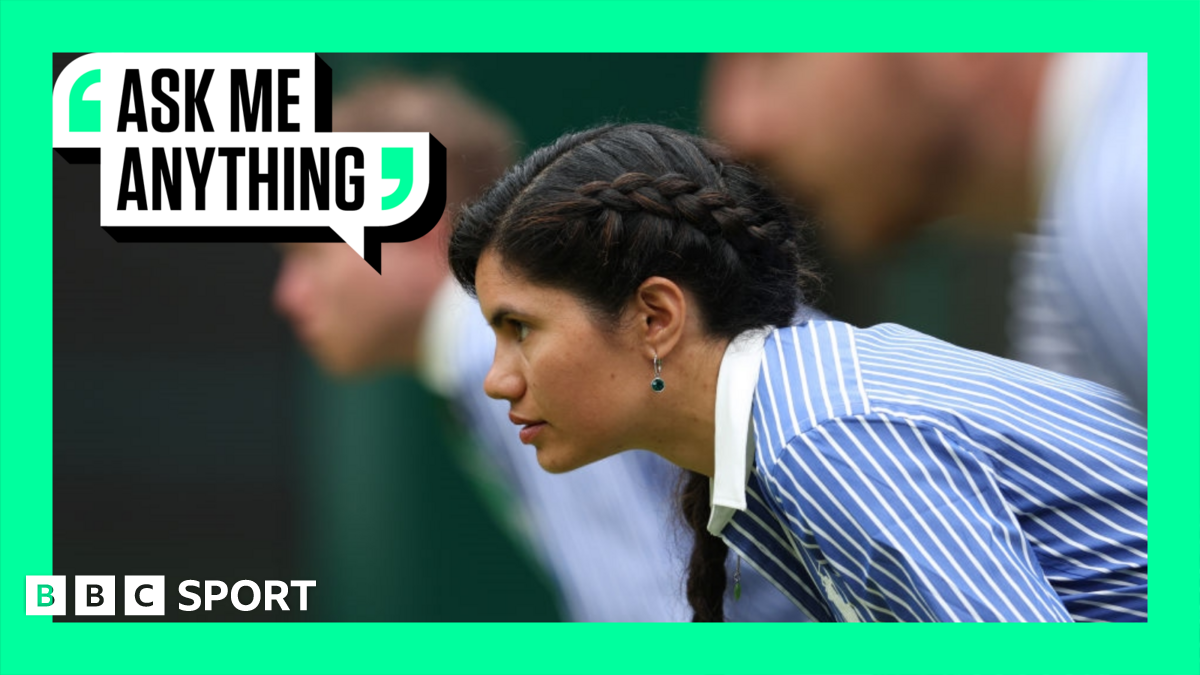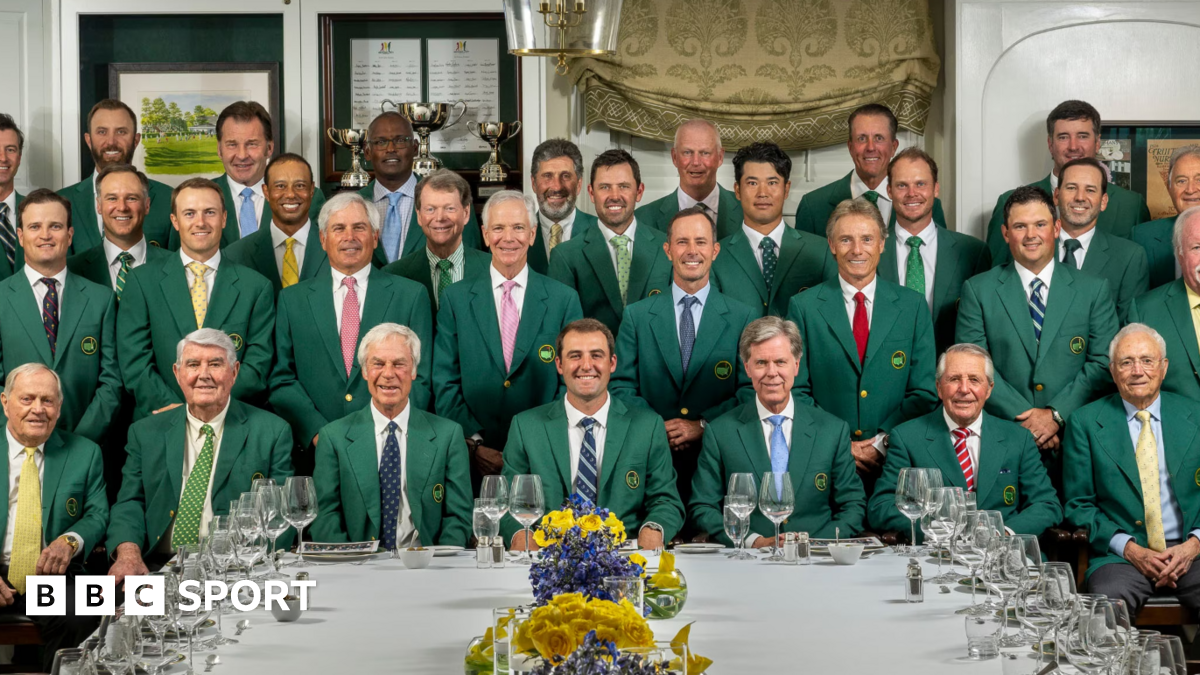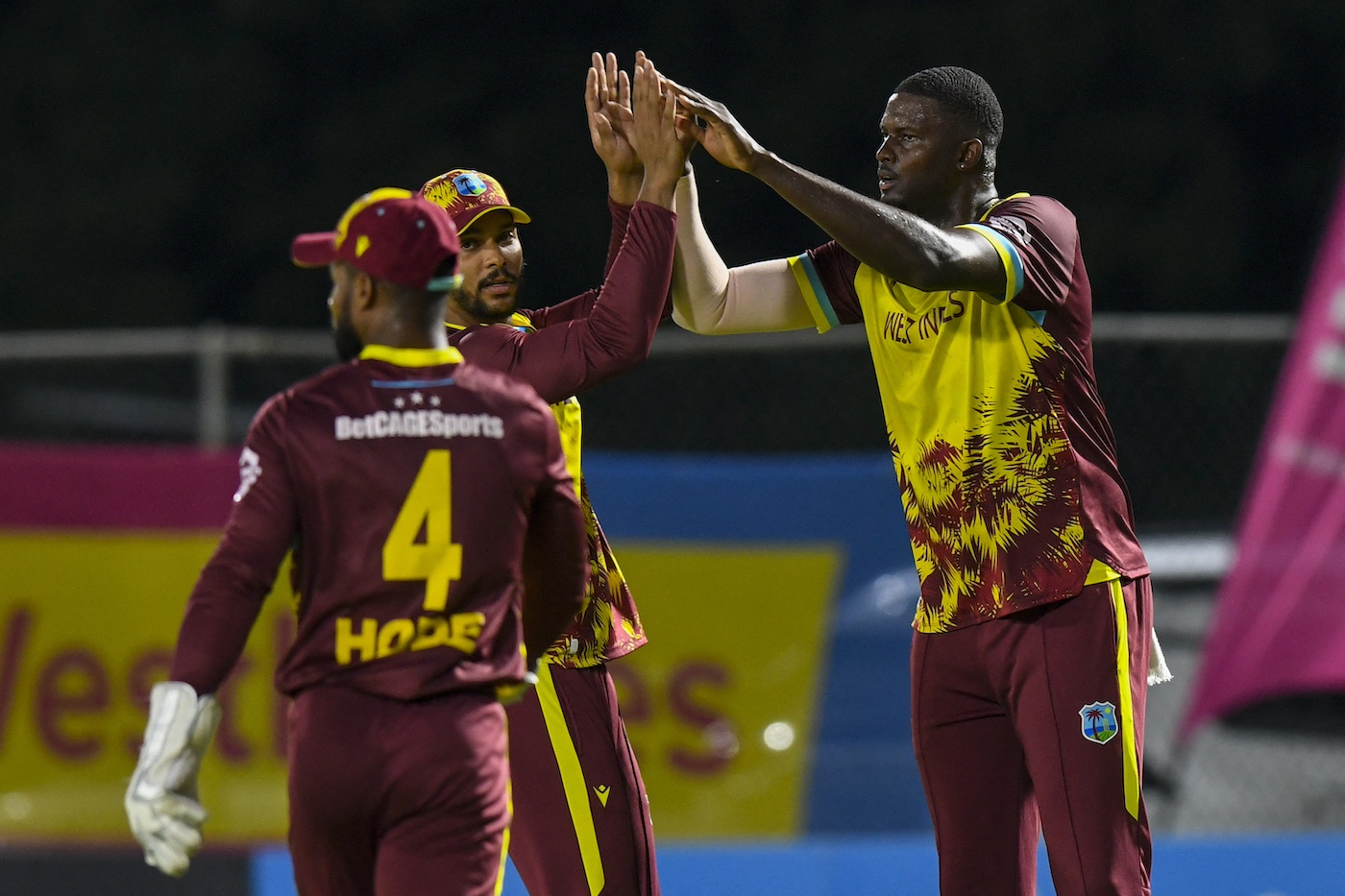Hulk Hogan changed media forever with his Gawker lawsuit

Tear a tank top in half today for Terry Bollea, the entertainer better known as Hulk Hogan, who has died at age 71.
Though he was a towering icon of the 1980s professional wrestling scene and seamlessly transitioned into “celebreality” TV in the aughts, Bollea’s most lasting contribution to our culture may have been what he has done to digital publishing.
Bollea’s star had diminished considerably by 2012, when blog-era media giant Gawker published a brief clip from a stealthily recorded sex tape of Hogan and Heather Clem, then-wife of Bollea’s then-best friend, radio personality Bubba the Love Sponge. The clip was featured in a post by former Gawker editor-in-chief A.J. Daulerio, a meditation on celebrity sex tapes. Just days after the sex tape’s publication, Hogan sued for emotional distress and invasion of privacy. For its part, Gawker defended its inclusion of the clip by arguing that the footage was newsworthy, considering Hogan’s celebrity status and past comments on his sex life.
In March 2016, a Florida jury found in favor of Hogan, awarding him $115 million in compensatory damages and $25 million in punitive damages. The verdict ultimately bankrupted Gawker, hastening an end to digital media’s freewheeling blog era. (The website was revived in 2021 under owner Bryan Goldberg, but shuttered again just two years later.)
Perhaps more shocking than the verdict itself, however, was the revelation of who paid for the lawsuit in the first place: Two months after the smoke cleared, Forbes reported that tech billionaire Peter Thiel had been bankrolling Bollea. The former PayPal Mafia member spent roughly $10 million on the lawsuit, apparently with the aim of destroying Gawker, as revenge for outing him as gay in a 2007 post.
Thiel’s involvement raised concerns that the victory over Gawker could become a playbook for extremely wealthy individuals to silence media outlets—a First Amendment nightmare. The New Yorker, for instance, warned at the time that the verdict could pave the way for “a war against the press.”
And those concerns have since proven to be well founded.
Within a year, the “Gawker Effect,” as coined by journalist Margaret Sullivan, had cast a chilling pall over the media environment. Music reporter Jim DeRogatis said a number of publishers passed on his bombshell investigation into sexual abuse claims against singer R. Kelly, citing concerns over potential libel lawsuits. Reporter Kim Masters wrote in October 2017 about her difficulty trying to find an outlet that would touch her investigation into allegations that Amazon Studios executive Roy Price had made inappropriate sexual remarks. Even “the weakest of legal claims,” she recalled, triggered genuine fear among editors and lawyers, and Price eventually hired Charles Harder, the attorney who defended Bollea. (The investigations eventually ran in BuzzFeed News and The Information, respectively.)
Many more blockbuster lawsuits against media outlets have followed in the years since. Blackwater founder Erik Prince has sued The Intercept multiple times over its coverage of his activities; while the cases were dismissed, they successfully drained the publication of time and money (and effectively diminished their capacity to expend resources on further investigations). In 2020, right-wing provocateur group Project Veritas sued The New York Times for defamation over publishing legal documents describing the group’s deceptive practices, tying up the company in court for years.
More recently, Elon Musk’s X filed a defamation lawsuit against the left-leaning Media Matters for America in 2023, claiming it “manufactured images” showing ads on X placed alongside neo‑Nazi content on the platform, with the aim of driving advertisers away. The publication countersued in March, accusing Musk and X of bringing “abusive,” costly, and meritless lawsuits to punish Media Matters for the crime of doing journalism. (Those suits are currently still winding their way through courts; in the meantime, the organization has laid off at least a dozen staffers, citing legal costs.)
And of course, suing news organizations has become a cornerstone of Donald Trump’s strategic response to unflattering coverage. Since last winter, Trump has sued ABC over George Stephanopoulos’s on-air claim that Trump had been found liable for rape—rather than the more accurate term “sexual abuse”—settling for $15 million plus legal fees; he has successfully sued CBS for $16 million, alleging a 60 Minutes interview with Kamala Harris was “unfairly” edited; and just last week, he filed a $10 billion defamation lawsuit against The Wall Street Journal and its parent company for a story linking him to Jeffrey Epstein.
Any outlet that can’t afford to defend itself in court now knows not to break any unflattering news about Trump—or any other public figure who might be backed by wealthy benefactors with an ax to grind.
Whether Bollea would approve of all this or not—and judging by his professed admiration for Trump, he certainly might—the dire current state of U.S. media is his true legacy. “Whatcha gonna do when Hulkamania runs wild on YOU?” he used to ask wrestling opponents. Nearly a decade after Bollea’s lawsuit destroyed Gawker, newsrooms across the country are still grappling with that question.
What's Your Reaction?
 Like
0
Like
0
 Dislike
0
Dislike
0
 Love
0
Love
0
 Funny
0
Funny
0
 Angry
0
Angry
0
 Sad
0
Sad
0
 Wow
0
Wow
0


